The first 100 days of Donald Trump's second term as president will feature "aggressive" policies not seen in nearly a century since Franklin D. Roosevelt was president, Steve Bannon, Trump's former senior adviser, told Newsweek in an interview.
Bannon, who was released from prison one week before Trump's election victory over Vice President Kamala Harris, previously predicted with near 100 percent surety that Trump would reclaim the White House. Whereas Trump's 2016 victory was more of a surprise than this recent victory, Bannon expects "a very different animal" after Inauguration Day, January 20, 2025, built on revamped leadership within the justice, intelligence and security departments.
Trump has been busy naming and nominating key personnel, including tapping former acting U.S. Immigration and Customs Enforcement Director Tom Homan as his "border czar" to lead the campaign's promised mass deportations of illegal migrants. He also nominated now-former Florida Representative Matt Gaetz for attorney general and ex-Democratic (now Republican) Representative Tulsi Gabbard as director of national intelligence.
Former Trump adviser Stephen Miller, an outspoken conservative voice on illegal immigration who has promised a "100 percent perfect deportation rate," was named deputy chief of staff for policy. Florida Senator Marco Rubio was nominated by Trump for secretary of state.

"The one common quality I think is [they will all be] very aggressive on the implementation of President Trump's policies," Bannon, who served four months in federal prison for contempt of Congress after defying a subpoena in the investigation into the riot at the U.S. Capitol on January 6, 2021, told Newsweek. "Now we have the House and the Senate. You're hearing things out of the House and Senate that there's support of his legislative agenda, for executive action, all of it.
"The watchword here I would tell people is 'aggressive.'...You're gonna see people that are very aggressive on the main policies. It will probably be as aggressive 100 days as any administration going back to FDR's first 100 days in 1932. This kind of makes sense because this was a 1932-type realignment. And given the border crisis, the immigration crisis and really the financial, the debt crisis, I think it's going to call for that type of aggressive action."
FDR's landslide 1932 election victory saw him carry 42 of 48 states and 472 electoral votes against incumbent Republican Herbert Hoover in what was perceived as a campaign of hope following the stock market crash of 1929. It led to FDR's yearslong New Deal implementation that focused on the federal government providing economic relief and widespread reforms.
Trump's second administration will look different than his first, Bannon said, comparing how the 2016 victory was a surprise to most whereas this time around the president-elect and his staff are more prepared to deliver on the agenda.
He credits new Trump Chief of Staff Susie Wiles, whom Bannon hired in 2016 and is credited for helping turn Florida red, as a "steady" hand and "good stabilizing influence" he believes will oversee a strong administration.
Prior to Trump nominating Gaetz and Gabbard, Bannon surmised that the second Trump administration's first order of business would be to address the legal side of the federal government.
"The DOJ [Department of Justice] is going to be, you know, top lawyers, very aggressive, lots of experience," he said, "because they've got to clean out the DOJ of their lot and they're going to stop the lawfare. It's vitally important."
People like Homan and Miller, as well as Robert F. Kennedy Jr., who was nominated for Health and Human Services secretary, will share the same vision, Bannon added.
"Whoever you see in these other departments, they'll be very experienced people but very aggressive about executing the president's policies," he said. "I think the commonality of all of it is in sync with [Trump's] policies. There's no distance at all between their understanding and agreement with his policies. The thing is action, action, action."
People like former U.N. Ambassador Nikki Haley and former Secretary of State Mike Pompeo likely don't fit in any position based on their past criticism of Trump, according to Bannon.
Asked whether the election outcome provides a broader mandate to the incoming Trump administration, the War Room podcast host said the Democratic Party is currently in an identical place politically to where Republicans were after Barack Obama secured his second term in 2012.
"We've gone through a rolling civil war of two sides that hate each other, and now Trump's full-spectrum dominance," he said. "And we still have some problems in the Senate, things like that.
"The Democrats haven't done any of that. They got 10 years in the wilderness ahead of them. They're disunited. And the fact is that they realize they've abandoned their base; they abandoned the working class. There is almost no populism in the Democratic Party....What you saw [on election night] was a b**** slap of the working class on the credential class."
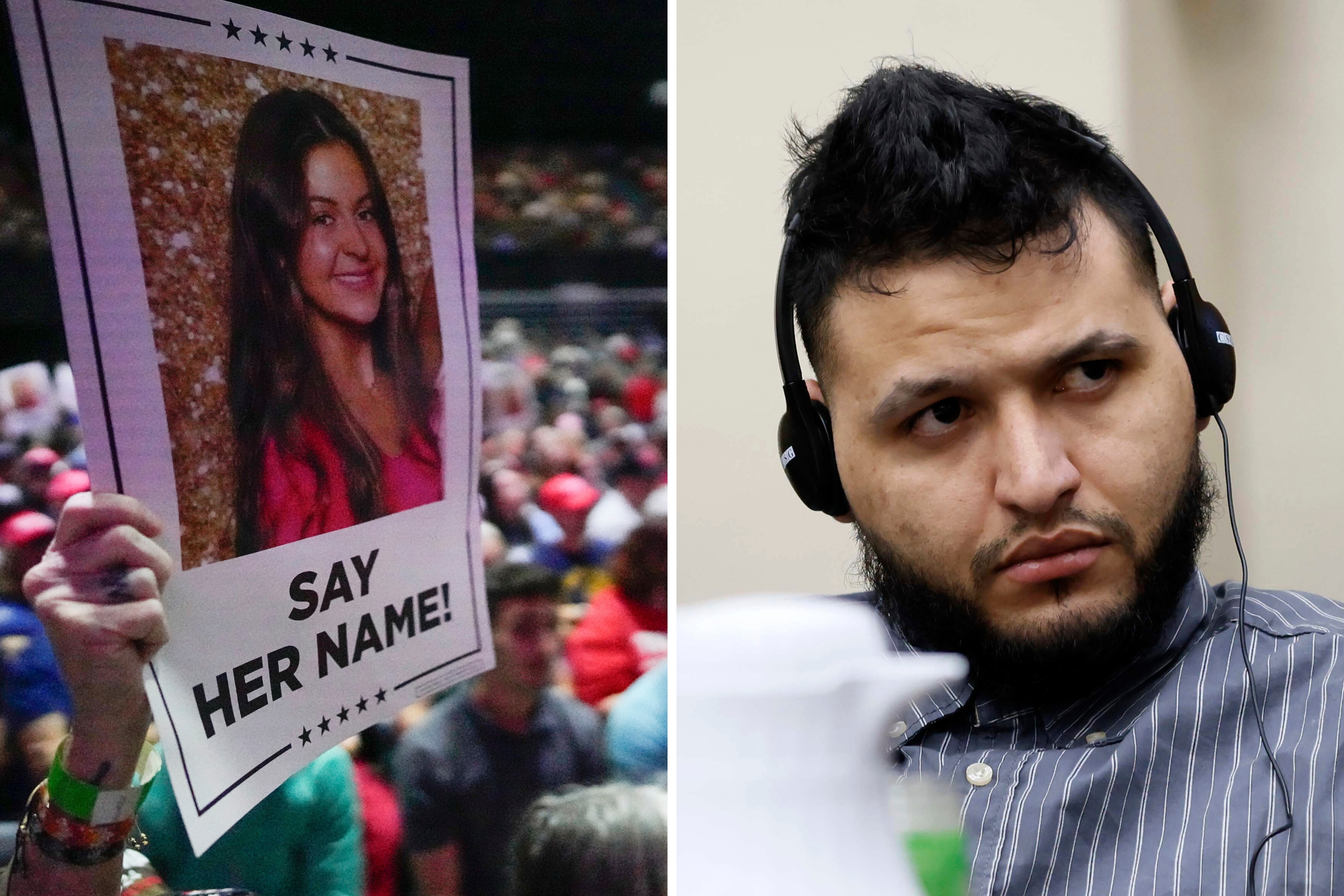


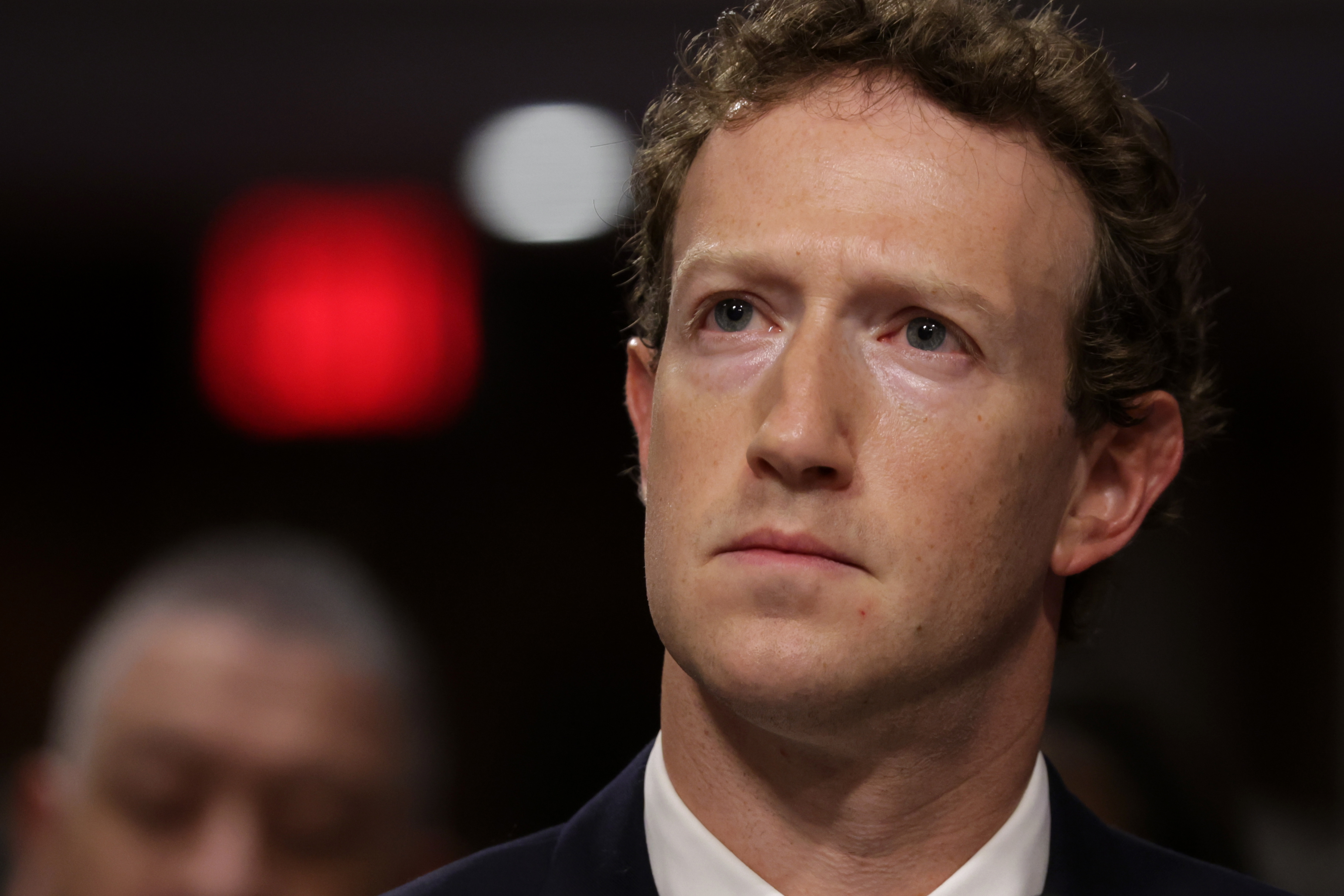
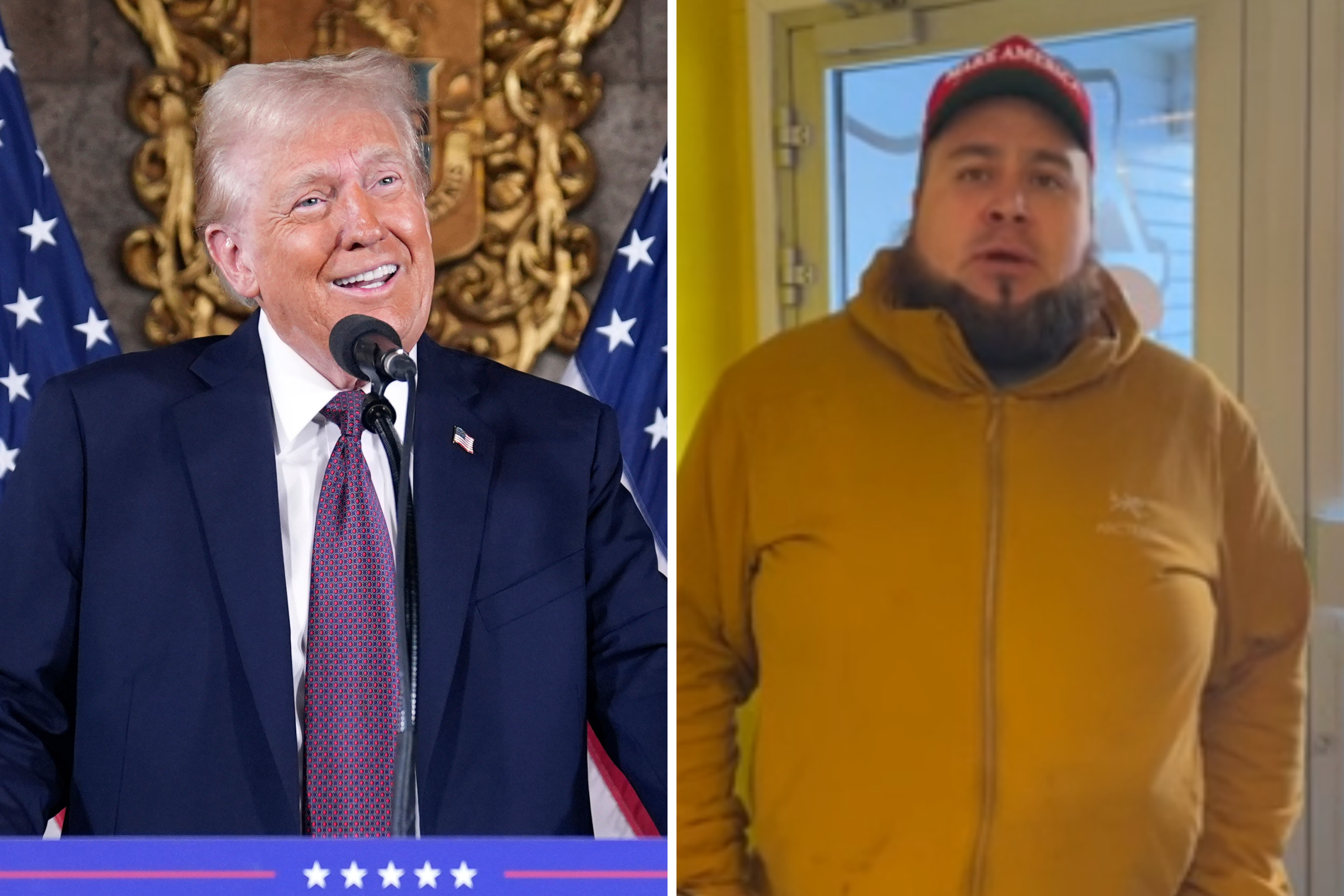

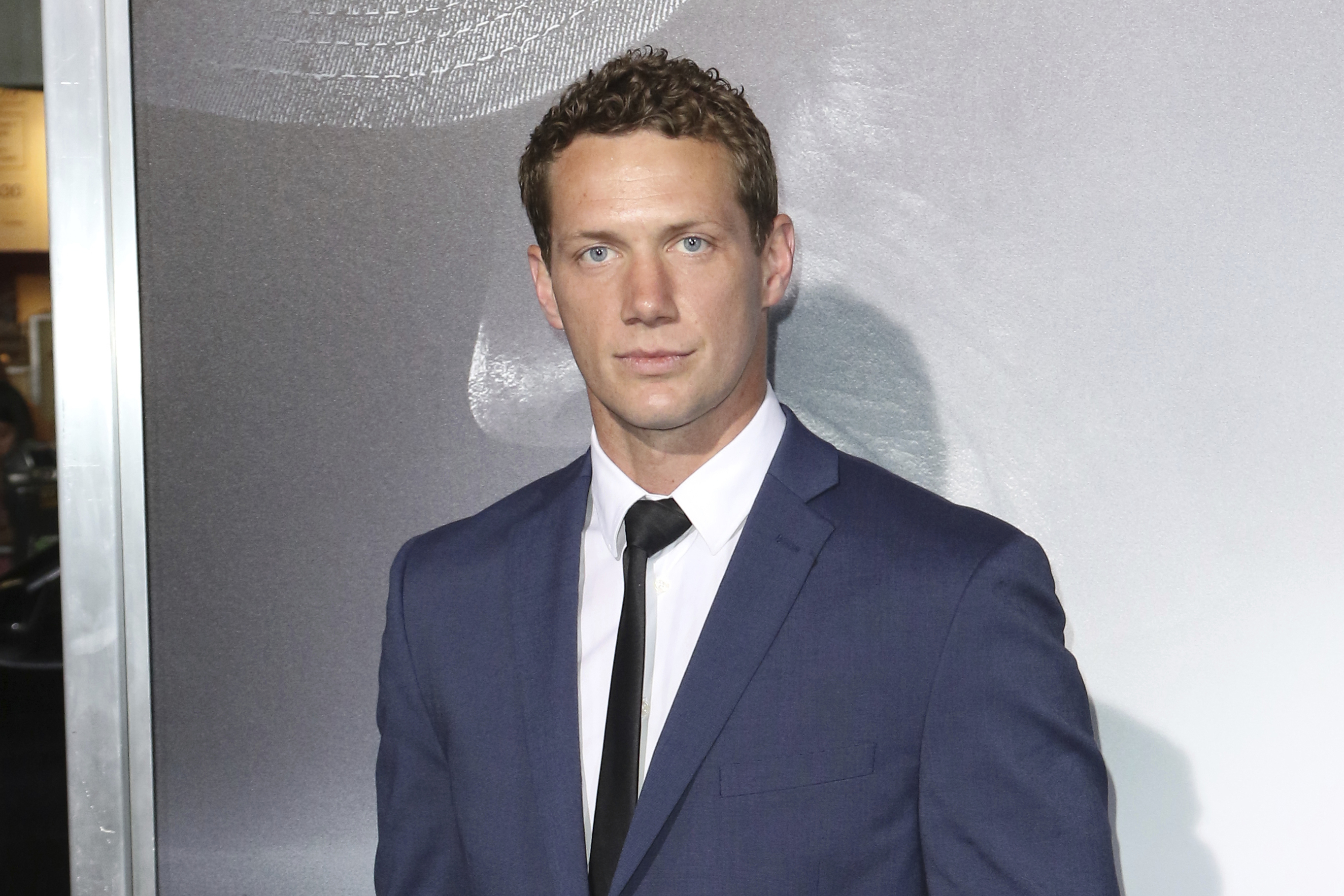

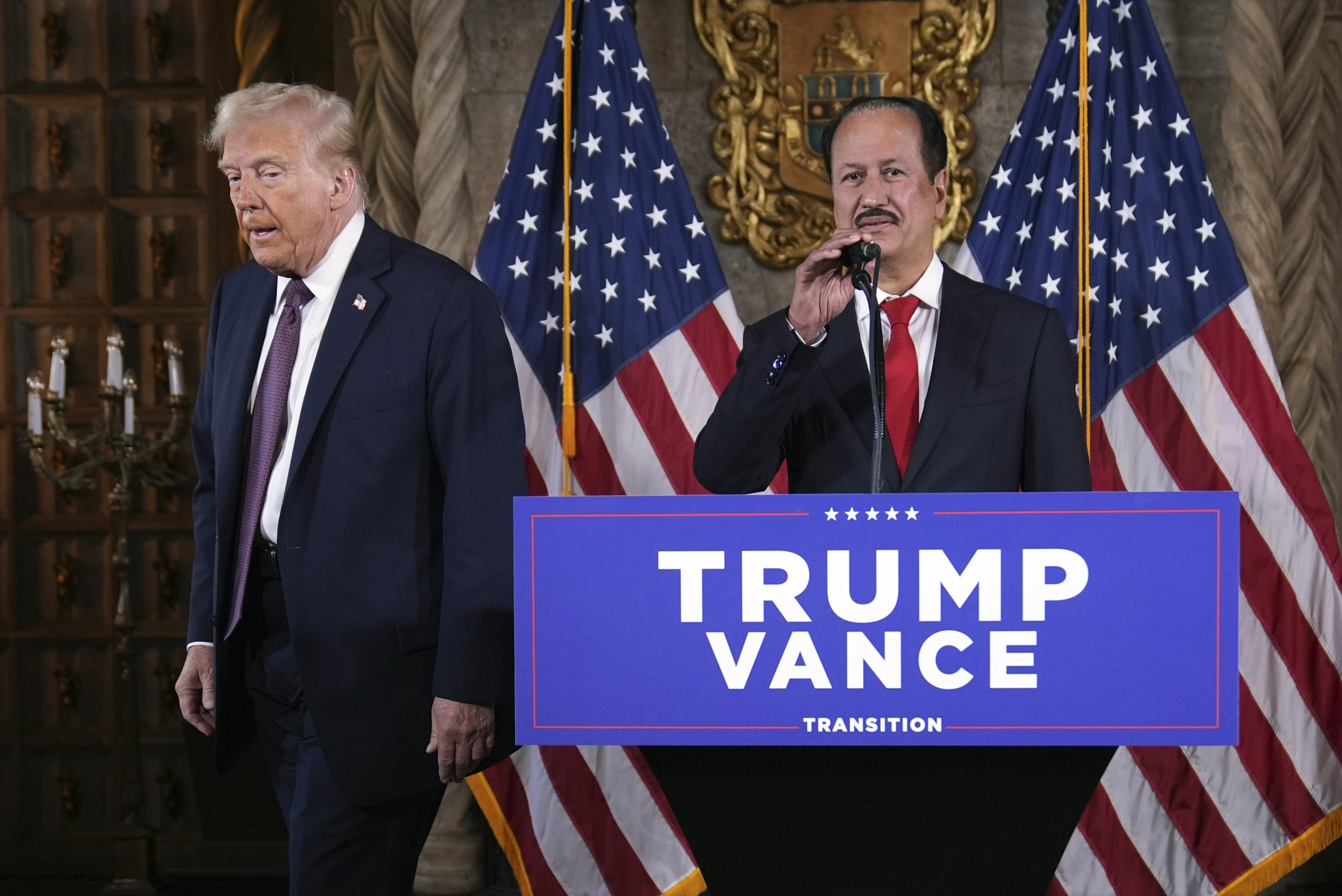











 English (US) ·
English (US) ·